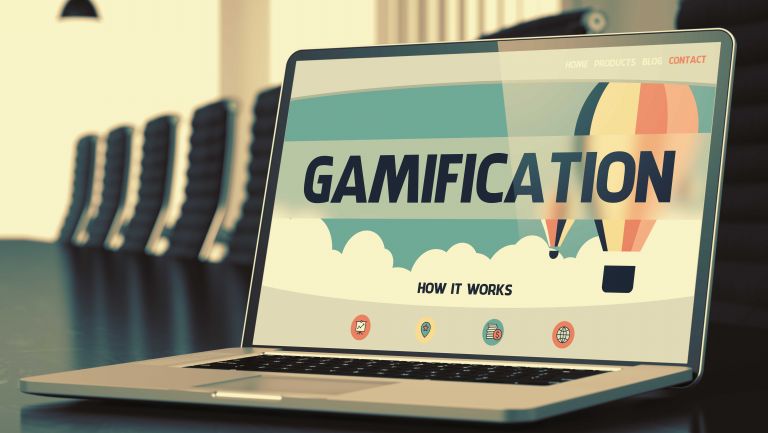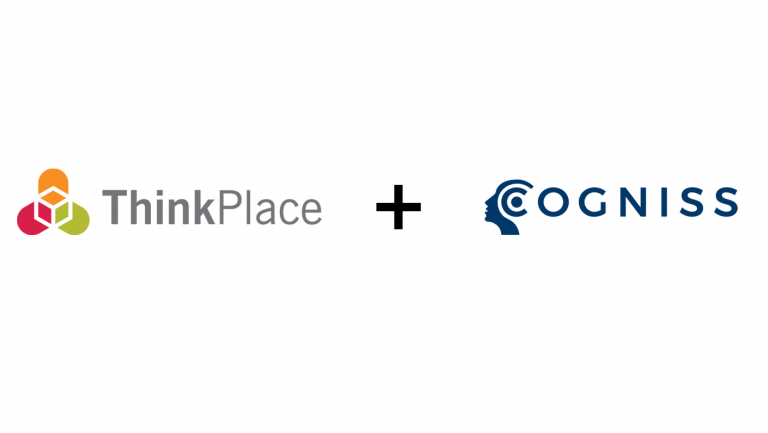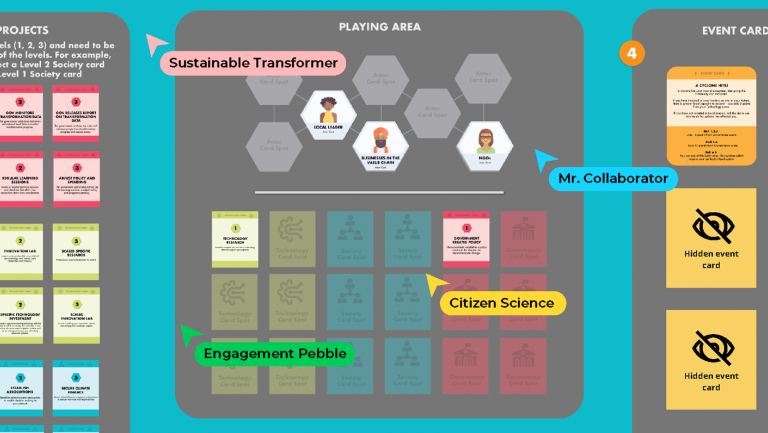Sign up for our monthly newsletter

Gold medal culture: How to transform your workplace using these five tips from one of Australia's best swimming coaches
Australia’s swimmers have known for ruling the pool during Commonwealth and Olympic games, for those of us who prefer to stay dry, what lessons can we learn from their string of world records?
‘Sink or swim’, ‘thrown in at the deep end’, the language of the pool can be a neat analogy for the stresses of the workplace. In both environments creating a winning team is crucial.
ThinkPlace Head of High Performance John Fowlie knows better than anybody what lessons can be transferred from the pool deck to the office floor.
As three-time Commonwealth games coach (2006, 2010, 2014), Fowlie guided Alicia Coutts to her five gold medals at the 2010 Commonwealth Games in Delhi where she was chosen as the nation’s flag bearer at the closing ceremony. Fowlie was named Australian swimming’s coach of the year in both 2010 and 2012 and worked for 14 years as a senior coach at the Australian Institute of Sport/Swimming Australia National Training Centre.

And then, in 2017, he left that world to join ThinkPlace. Why?
“The big thing for me was starting a family and having two young boys,” he says.
“When I read about ThinkPlace I could see the positive impact their work had around the world. I wanted to help make that kind of impact for my kids and their future.”
Fowlie is an expert in developing high performance culture, a concept that informs much of what we do at ThinkPlace. He defines it as:
A team of highly skilled people with a clear sense of purpose, resourced and supported to achieve and deliver exceptionally high quality outcomes that are sustainable over time.
As well as working to ensure our internal culture is one that cares for and supports our people, Fowlie also works with organisations who are keen to instill these concepts in their own workplace.
So what are his five biggest tips for creating a high-performance environment for your team?
-
Look after your people
Talent is the hardest thing to find. Don’t waste it. As a swimming coach you might only see a generational talent like Alicia Coutts once or twice in your career. That means you need to think long-term and broadly, not narrowly, to keep your people engaged and performing over a long career. Instead of always focusing on the immediate – the next race or next project – you need to think wholistically about the person. Where they are in their life. What they need. If your people need time, give them time. A supportive workplace breeds loyalty and creates the confidence to perform when it matters.
WANT JOHN TO HELP YOU BUILD A HIGH PERFORMANCE WORKPLACE CULTURE? CONTACT US HERE

-
Balance is everything
To be resilient, talented people need strong support networks and some of these are external. You need to build a culture where people have the time and energy to tend to the relationships that are important to them. They’ll need them when times get testing, during periods of high stress or high pressure. That means being able to switch off at night and on weekends. Think of it as a light switch, not a dimmer switch. There need to be times when people – even high performers – can switch off. Find and use pressure release valves. Get out of the office, go for a walk, pick up your kids or just do something that you really enjoy. One thing we work on at ThinkPlace: if people have been pushing really hard on a huge piece of work, we try to identify that and make sure they can pause and recuperate once the opportunity is there. Nobody benefits from burnout.
-
Psychological safety builds strength
It’s important to build a culture where people understand each other on a deep level. Few things build strength in teams like open communication. You need to develop a culture where people can really talk about what’s going on in their lives. It needs to feel ok to ask for help. In our swim group we did lots of group sessions with a psychologist. One of the key questions was: What do you need to perform at a high level? Think of a big swim meet, like the Commonwealth Games. Some people need quiet. To be alone. To mentally prepare in silence. Others need music. They need people around them. They need to feed off that energy and get revved up. If you can’t ask for what you need and have people take it seriously then you won’t be able to perform. Part of the work I’ve done at ThinkPlace is with startups, trying to prepare them to pitch to investors. It’s no differently, really. It’s: How can you prepare to perform in the big moment. When it matters. Our ability to take on great challenges in a team is built upon the trust and understanding we have in each other.
-
It’s not just about talent
Talent, in a way, can be a curse. One of the worst things you can tell a developing athlete is “you are so talented”. It can lead to complacency. It can lead to the idea that you might not have to work as hard as others to maximise your performance. We sometimes think of talent as God-given. I’d rather reframe things. I’m more interested in seeing adaptability and work ethic as talents. That means being open to the idea of change. Hungry for it, even. But also having the work ethic to make it happen. At ThinkPlace we have people who are at the forefront of what they do, methodologically. But they still need to always be looking forward. We hire people who are leaders in the field, whether they are architects, behavioural scientists, even swimming coaches, but they need to come into this environment and adapt and learn something new. That’s real talent.
-
By pursuing mastery you develop belief in others
In swimming, I always say “the quickest way to develop a champion is in the wake of another one.” That idea of vicarious experience is crucial in high-performing workplace teams too. In a training squad an Olympic champion is a huge resource for younger athletes. How do they train? How do they prepare? After all, they have been there and achieved the thing that you are striving for yourself. We try to allow people to pursue mastery while at the same time developing belief in others. Belief often begins from working next to a high performer. In workplaces this can be made stronger with mentoring and skills sharing (two things we are very big on at ThinkPlace). We have weekly design clinics where senior designers willingly share their skills one on one with other staff. And Think60 weekly sessions where a designer will give a presentation or run an exercise for the entire office. But skills sharing can’t just be a top-down thing. Leaders and your best people need to show that they are constantly learning, open to new things and pushing for their own development. That’s a high-performance mindset.






